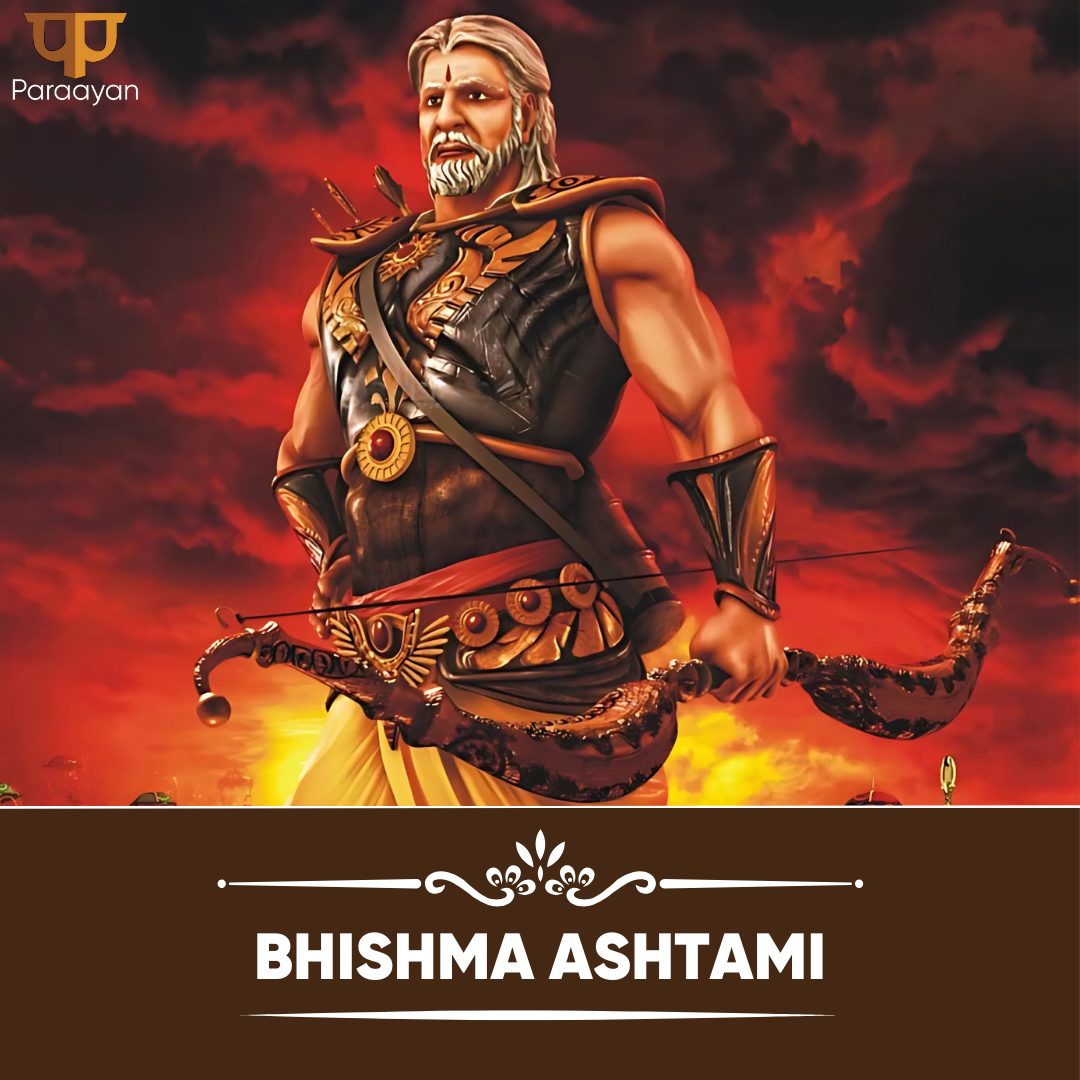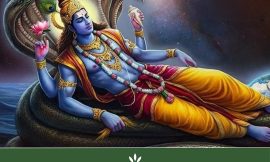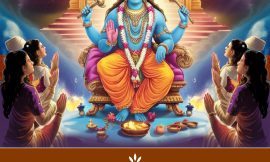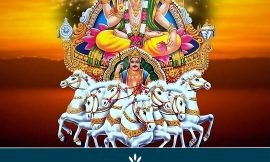Discover Why Bhishma Ashtami Took a Vow of Celibacy and Devoted His Life to Duty, Loyalty, and an Unbreakable Promise to His Father
On the anniversary of Bhishma Pitamah’s passing, Magha Shukla Ashtami occurs on Bhishma Ashtami. He was among the Mahabharata’s most revered figures. Throughout his life, Bhishma was faithful and committed to his father, who was well-known for his chastity vow.
Significance of Bhishma Ashtami

During the battle of Mahabharata, Bhishma was severely injured but did not leave his body. He waited for an auspicious moment to give up his life. According to Hindu belief, Suryadev moves southward for half of the year, which is considered inauspicious. Many auspicious activities are postponed until Suryadev starts moving northward. Bhishma Pitamah chose Magha Shukla Ashtami to leave his mortal body, as by this time, Suryadev had begun moving northward (Uttarayana).
Rituals of Bhishma Ashtami
On this day, people perform Ekodishta Shraddha for Bhishma Ashtami. This Shraddha is primarily for those who have lost their father. However, many believe that anyone can perform these rituals, irrespective of whether their father is alive or deceased. Devotees take holy dips in sacred rivers and offer prayers for peace and blessings.
Bhishma’s Celibacy and Devotion

It took an oath of virginity in compliance with his father’s desires. He kept his word and never let it go. For his selfless dedication, he was highly esteemed by both the Pandavas and the Kauravas.
Bhishma’s Role in the Mahabharata
Bhishma Ashtami was the grandsire of both the Kauravas and Pandavas. He fought on the side of the Kauravas due to his oath of loyalty. Despite his allegiance, he had immense love for the Pandavas. He tried to prevent the war but had to fulfill his duty as the commander of the Kaurava army.
Bhishma’s Boon and Waiting for Uttarayana
Bhishma had the boon of Ichha Mrityu, meaning he could choose the time of his death. When he was struck down by Arjuna’s arrows, he lay on a bed of arrows, waiting for the right moment to leave his body. According to Hindu tradition, departing during Uttarayana is considered highly auspicious. It is believed that souls attaining liberation in this period reach higher spiritual realms.
Ekodishta Shraddha and Its Importance
Ekodishta Shraddha is a special ritual performed for Bhishma Ashtami. It is believed to bring peace to the departed soul. Traditionally, those who have lost their father perform this Shraddha. However, some believe that anyone can participate in the rituals to seek Bhishma’s blessings.
Observances on Bhishma Ashtami
On this day, devotees offer water and sesame seeds to their ancestors. Many observe a fast and visit temples to pay homage to Bhishma Ashtami. Holy scriptures like the Vishnu Sahasranama, which was narrated by Bhishma to Yudhishthira, are recited on this occasion.
The Legacy of Bhishma in Hindu Tradition

It is said that it embodies Dharma. His life offers insights about virtue, sacrifice, and devotion. The Mahabharata will not be the same without his contributions. Even as he was dying, he taught Yudhishthira morals and governance lessons. His teachings inspire the next generation and are still relevant today.
Conclusion
Bhishma Ashtami is a sombre ceremony that celebrates the moral life of Bhishma . His story is an ode to the virtues of devotion, responsibility, and sacrifice. Devotees remember his contributions to Dharma, conduct Shraddha, and follow rituals. Today serves as a reminder of the everlasting values upheld by Bhishma Pitamah in the Mahabharata.





